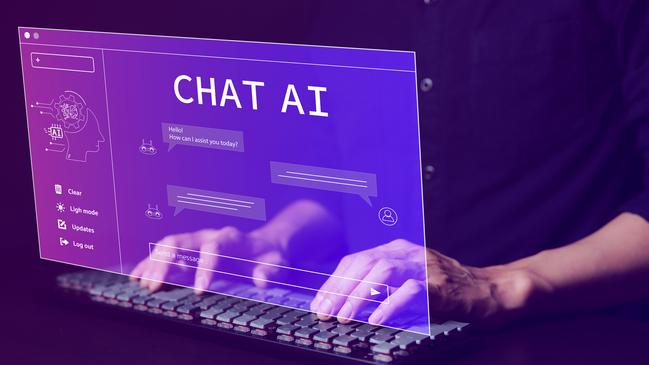Rethinking the use of AI
The rise of generative artificial intelligence ChatGPT is forcing educators to rethink how they assess students.

The rise of generative artificial intelligence ChatGPT is forcing educators to rethink how they assess students.
ChatGPT and other similar applications can produce competent and well-written responses to a wide range of academic questions, which raises the problem of whether educators can know if a student’s work is their own.
The University of Sydney is taking a two-lane approach to assessment, which is also applicable in the school sector, says Danny Lieu, an associate professor at the University of Sydney’s Educational Innovation Team.
The first lane is to hold highly secured and assured assessments, such as an oral assessment or an invigilated exam where resources such as laptops are limited.
These sorts of tests are useful in assessing a student’s knowledge of a subject, Lieu says. The second lane involves embracing the use of generative AI and assessing how students work with it.
“You might use AI to brainstorm about something; you might use AI to fix up your language; you might use AI to generate a first draft which you then critique and improve on, because that seems to be where the future of work is heading,” Lieu says.
“This design approach is really important. Lane two helps students to develop their excitement for the subject. It develops their AI skills. It develops a critical thinking.”
Working with AI can help a student develop some more depth in their discipline because it is often more exciting and interesting than preparing for a more traditional exam, Lieu says.
It also helps students to learn the limitations of AI and how they can best work with it.
Principal research fellows with the Australian Council for Educational Research Jacob Pearce and Neville Chiavaroli say there should be more oral assessment.
“We need to think carefully about the kind of performance we want our assessments to elicit,” the authors write in a paper on assessment in the wake of generative AI. Assessments should show whether students “know how” to do something.
“Genuine understanding requires some degree of autonomy in thinking and application of knowledge, as opposed to reciting facts, entering data or following algorithms.”


